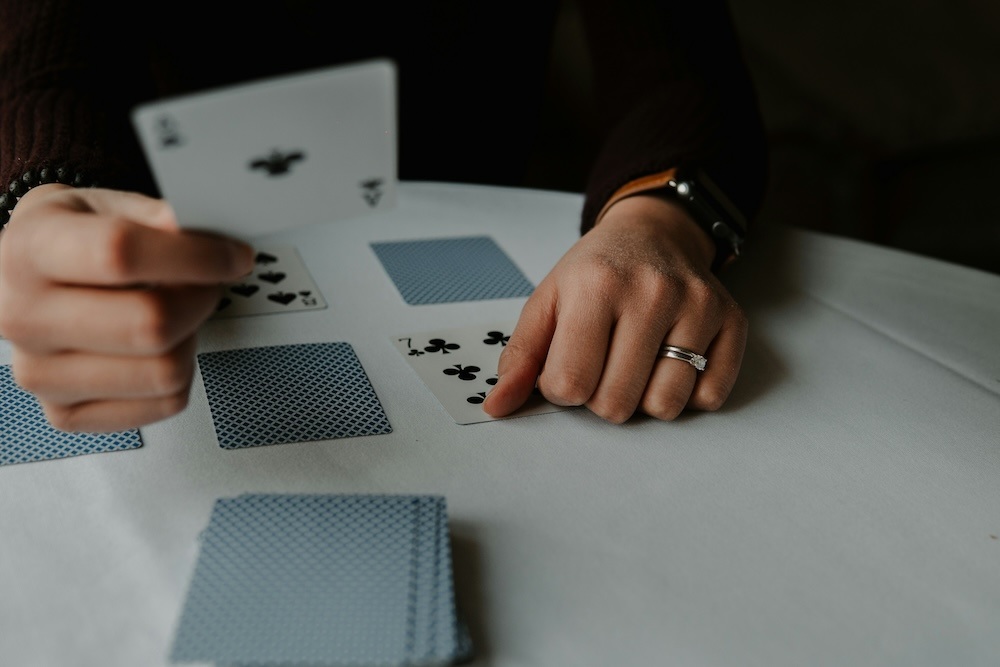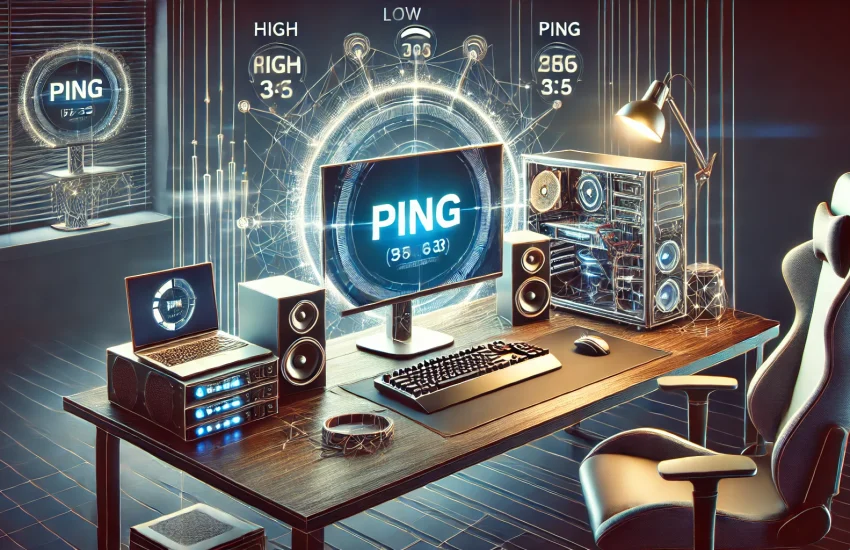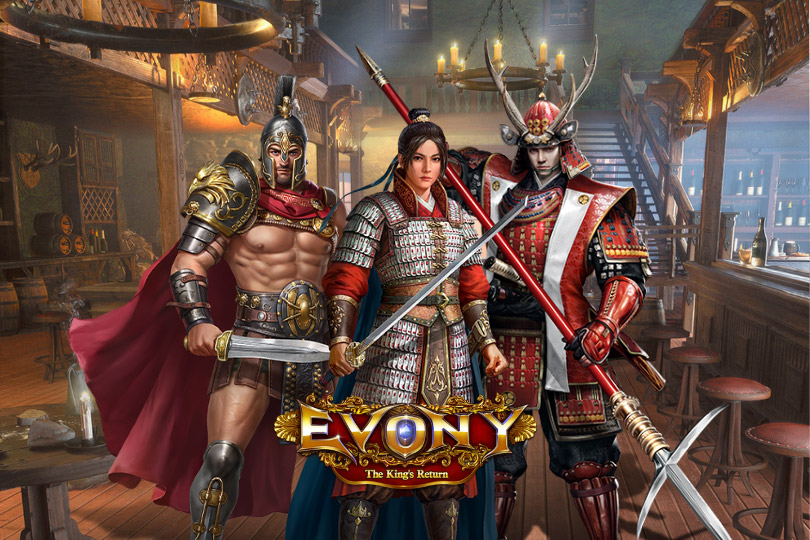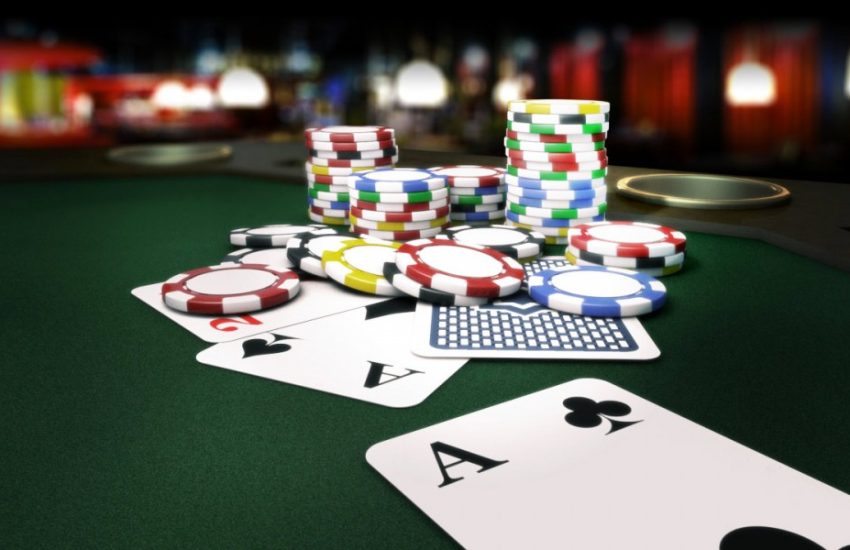Why Playing Solitaire Is the Underrated Secret to Quick Mental Refreshment
In a world where attention is constantly divided between tasks, messages, and notifications, many people are rediscovering the value of simplicity. One of the most quietly enduring activities for digital users is the decision to play solitaire. It’s a game that has outlived decades of trends, surviving through shifting generations of technology and entertainment. Part of its appeal lies in its balance: simple yet strategic, relaxing yet challenging. Solitaire has existed for centuries, but its digital rebirth gave it an entirely new audience and utility.
What was once confined to a physical deck of cards made its leap to computers and mobile phones. Early Windows operating systems cemented its status as a staple, making solitaire not just a game, but a reflexive habit for office workers, students, and anyone needing a moment of calm. While high-intensity games dominate app stores, solitaire maintains its stronghold because it offers something different a quiet moment, a self-contained challenge, and a subtle boost to the mind without demanding excessive energy.
Whether played in the middle of a lunch break or during a brief mental lull in the day, the benefits of solitaire are both psychological and practical. It delivers a structured, rule-based diversion that gives the brain something to work with while avoiding overstimulation.
What Makes Solitaire a Mental Reset Tool?
The mechanics of solitaire are consistent. There is order, sequence, and logic behind every move. But unlike more intense puzzle games or competitive platforms, solitaire carries no high stakes, no live opponents, and no external pressure. When you play solitaire, you engage in a task that encourages clarity without requiring perfection. There’s no stress from failure because restarting the game is as easy as clicking a button.
The game encourages pattern recognition, memory use, and forward planning. These subtle exercises of the mind can create a beneficial impact without you even noticing. Regular players often report feeling more settled, especially after spending a few minutes immersed in the game’s structured rhythm. It becomes a sort of meditative task, anchoring attention with repetitive but meaningful action.
In settings where the mind is pulled in several directions, solitaire brings a form of micro-focus that counters distraction. It may not provide long-term solutions for stress or burnout, but it reliably offers a small reset that can help the brain recalibrate and return to work with greater clarity.
Playing solitaire also gives your eyes a break from the intense graphics and flashing stimuli common in modern games. It’s not about explosions or competition it’s about creating a private space for thought and reflection, where the only opponent is the shuffle of the cards.
Everyday Moments When Solitaire Helps You Regroup
Most people associate digital games with procrastination, but solitaire flips this assumption. It acts as a boundary between tasks, a natural pause that helps transition from one mode of thinking to another. After a lengthy meeting, during a stressful wait, or between stretches of creative work, choosing to play solitaire becomes an efficient, low-effort method of mental recovery.
The game also fits into daily routines without disruption. It doesn’t ask for in-game purchases, notifications, or network connections. You don’t need to schedule time for it, nor do you need to follow storylines or update systems. Solitaire simply waits until you need it. Whether it’s in the browser, a phone app, or even on your smartwatch, it remains accessible without being intrusive.
There’s also something to be said about the satisfaction that comes from completing a game. The moment all cards fall into place brings a quiet sense of accomplishment. You might not win every round, but when you do, that quick success carries a surprising dose of motivation. It’s a positive emotional nudge, brief but effective, that gently refreshes the mind.
When compared to social media scrolling or watching short-form content, playing solitaire provides a different kind of mental reward. Instead of fragmented thoughts and emotional spikes, you get a linear experience that concludes with clarity. The action itself is focused, but the environment remains calm. That balance is what makes it such an underrated tool for those who want to center themselves.
A Subtle yet Effective Approach to Everyday Mindfulness
It’s easy to overlook how games affect mental health, especially ones that are as understated as solitaire. Yet, as distractions mount and digital pressure increases, small habits like choosing to play solitaire can make a significant difference in how people manage their time and attention.
This game isn’t about speed. It’s not about reaction time, social competition, or immersive storytelling. Instead, it asks for presence just enough presence to line up a move, consider the layout, and recognize when the next step leads to progress. These brief interactions help reinforce focused thinking and controlled pacing, which often lead to better productivity across the board.
Because solitaire is rule-based and requires a logical approach, it gently trains the brain to apply these same thinking patterns elsewhere. Instead of inducing fatigue, it can support recovery. That’s one reason why even in professional settings, the game is often tolerated or even encouraged during breaks. It doesn’t pull people away from their work entirely it gives them space to breathe.
It’s important to note that the value of solitaire doesn’t lie in escapism. It works because it respects your attention span. A single round might last a few minutes, and you can stop at any time. Unlike other games that pressure users to continue with streaks, timers, or daily rewards, solitaire offers something rare in the digital world: freedom from urgency.
So when people play solitaire during the workday or while commuting, it’s more than a nostalgic act. It’s a conscious or subconscious choice to participate in something stable, controllable, and mentally nourishing even if just for a few minutes. The impact of this habit may be subtle, but for many, it creates a rhythm that helps navigate modern life more mindfully.




